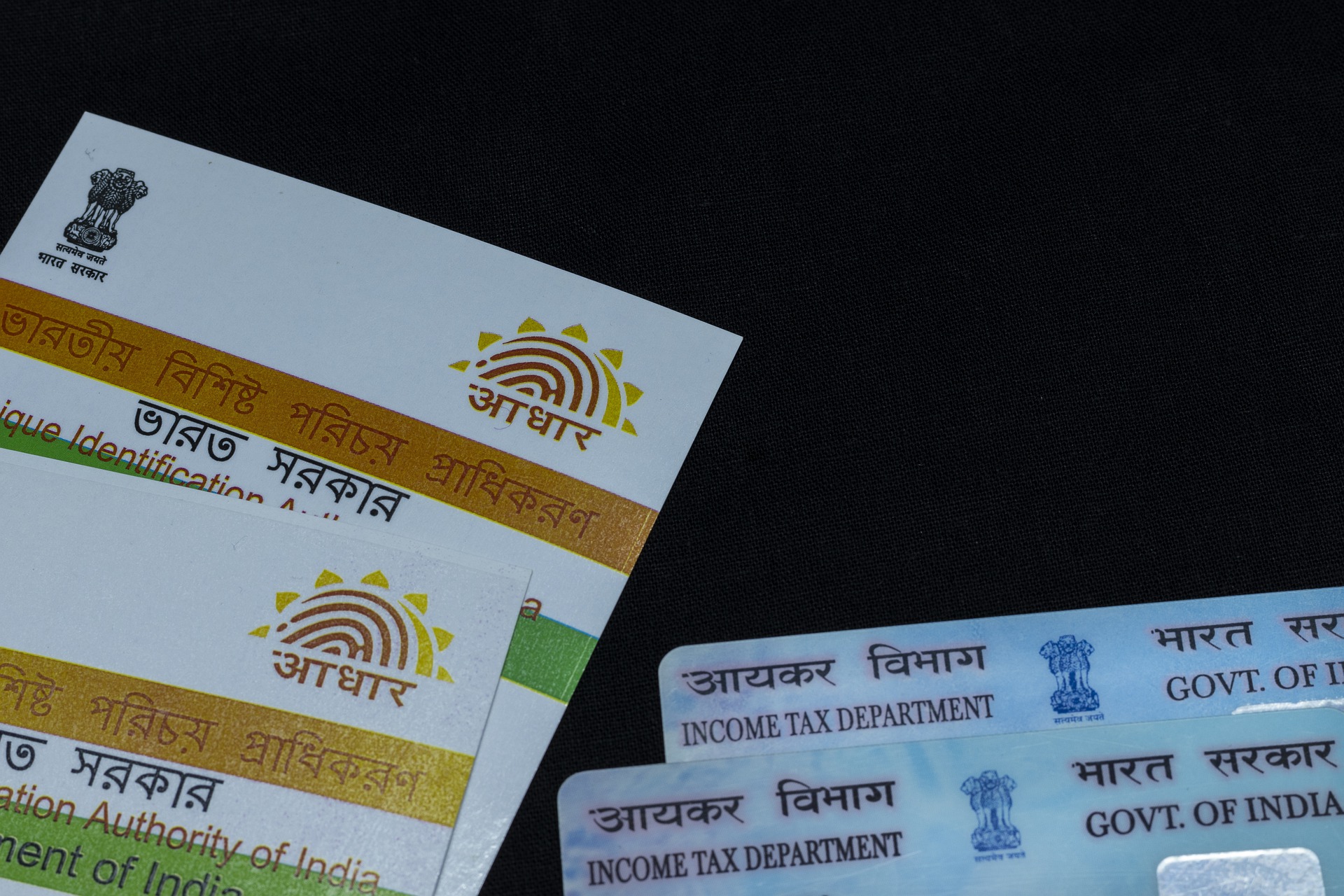Update on 09/05/2023: The IT Ministry has extended the deadline for submitting feedback on the proposed amendments to the Aadhaar Authentication for Good Governance Rules, 2020 from May 5 to May 20, as per a notification on MeitY’s website. Feedback can be submitted on the website of MyGov by May 20, 2023.
Original story published on 21/04/2023: Expanding the scope of Aadhaar authentication by entities other than the governmental ones, the Ministry of Electronics and Information Technology (MeitY) has issued draft amendments to the Aadhaar Authentication for Good Governance (Social Welfare, Innovation, Knowledge) Rules, 2020, on April 20. The ministry has invited feedback for the amendments, which can be submitted on the website of MyGov by May 5, 2023.
STAY ON TOP OF TECH POLICY: Our daily newsletter with the top story of the day from MediaNama, delivered to your inbox before 9 AM. Click here to sign up today!
What are the proposed amendments?
According to a draft notification issued by MeitY:
- These rules may be called the Aadhaar Authentication for Good Governance (Social Welfare, Innovation, Knowledge) Amendment Rules, 2023.
- Addition to clause (a) under sub-rule (1) of rule 3, which enlists the purposes for Aadhaar authentication under the 2020 Rules:
“(aa) promoting ease of living of residents and enabling better access to services for them”.
The new clauses under sub-rule (1) of rule 3 will now read as:
(a) usage of digital platforms to ensure good governance;
(aa) promoting ease of living of residents and enabling better access to services for them;
(b) prevention of dissipation of social welfare benefits; and
(c) enablement of innovation and the spread of knowledge.
- Under rule 4 of the 2020 rules, the existing rule shall be renumbered as sub-rule (1) and the following will be added:
a. In the renumbered sub-rule (1), for the words “Government of India or the State Government”, the words “Central Government or a State Government” shall be substituted.
b. After sub-rule (1), the following sub-rules and Explanation shall be inserted, namely:
“(2) Any entity other than the Ministry or Department referred to in sub-rule (1), which is desirous of utilising Aadhaar authentication, shall prepare a proposal with justification in regard to the authentication sought being for a purpose specified in rule 3 and in the interest of State, and submit the same to the concerned Ministry or Department of the appropriate Government.
(3) If the Ministry or Department referred to in sub-rule (2) is of the opinion that the proposal submitted thereunder fulfils a purpose specified in rule 3 (abovementioned purposes) and is in the interest of State, it shall forward the proposal, along with its recommendations, to the Central Government, for making a reference to the Authority.
Explanation: In this rule, “concerned Ministry or Department of the appropriate Government” means such Ministry or Department of the appropriate Government in which business related to that purpose is transacted under the rules of business made under article 77 or 166 of the Constitution, as the case may be.” (Emphasis added).
MediaNama’s take:
The proposed amendments, in a way, pave way for any kind of non-governmental entity or private companies to use Aadhaar for a gamut of reasons in the name of public interest and services. The added clause “promote ease of living” is too vague: it can incentivize unnecessary use of Aadhaar for any objective which is even remotely related to providing a service, and can gradually limit the possibilities of producing other identity proofs for availing basic facilities related to employment, education, financial services, etc.
Companies can enforce the use of Aadhaar by means of this provision. This can pose a serious threat to people’s privacy by threatening their right to anonymity via multiple ID proofs. The ways in which this can lead to exclusion—by means of obligation to produce Aadhaar—in private companies is also a significant point of concern. When it comes to access to government facilities, Aadhaar has always proved to be a barrier for a major section of the population.
Further, a series of reports by MediaNama show that the Aadhaar system is a not a fool-proof one. Numerous frauds related to biometric-cloning and Aadhaar authentication frauds have only increased the risk of identity theft and other financial frauds. While this still remains unresolved, what convinced the IT Ministry, which has previously denied misuse of Aadhaar, to add to the complications by widening the scope of Aadhaar authentication is a question that demands serious deliberation.
This post is released under a CC-BY-SA 4.0 license. Please feel free to republish on your site, with attribution and a link. Adaptation and rewriting, though allowed, should be true to the original.
Also Read:
It’s Easy To Create Fake Aadhaar And PAN Cards, Cops In Indian State Say Identity Theft On The Rise
India’s ID Authority Cites New ‘Security Mechanism’ When Asked About Aadhaar-Based Payment Frauds
Aadhaar Mandate Delays Right To Education Admission Process In Maharashtra
No Cases Of Misuse Of Aadhaar Brought To UIDAI’s Notice: Rajeev Chandrasekhar In Parliament
(The article was edited on May 9, 2023 at 10.57 am to add latest updates to the story.)






























